Headlines! Coca-Cola will buy Costa for US $5.1 billion, and a final agreement has been reached.
Professional coffee knowledge exchange more coffee bean information please follow the coffee workshop (Wechat official account cafe_style)
On Aug. 31, global beverage giant Coca-Cola Company announced a final agreement with British coffee chain Costa to buy Costa from Costa parent company Whitbread PLC for $5.1 billion.
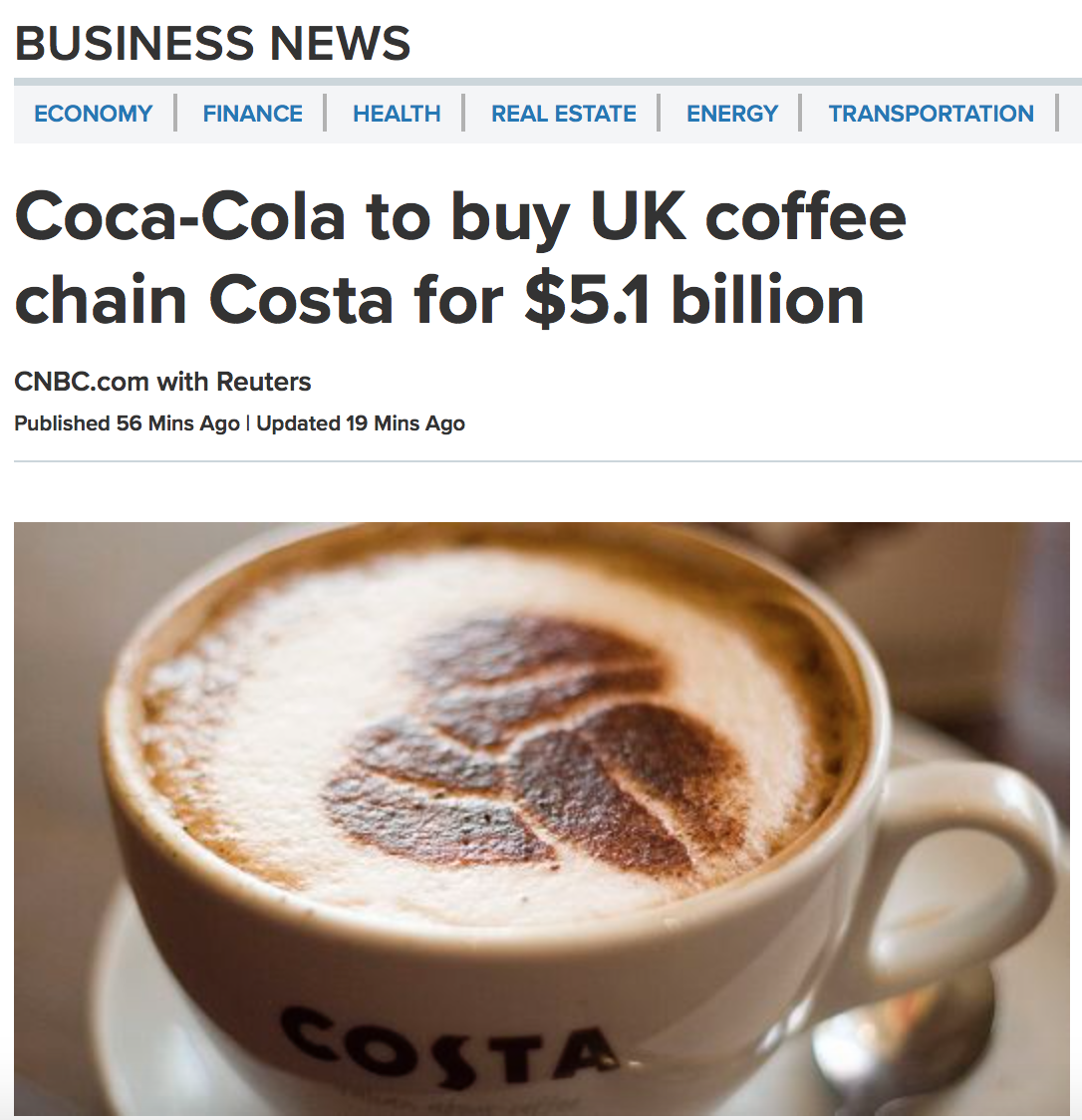
Coca-Cola said in the announcement that it will buy Costa Coffee from Whitbread, which will provide Coca-Cola with a strong coffee sales platform in Europe, Asia-Pacific, the Middle East and Africa, and an opportunity to further expand.
Upon completion of the acquisition, Costa will also provide Coca-Cola with strong expertise throughout the coffee supply chain, including procurement, automated selling and distribution, which complements Coca-Cola's existing capabilities.
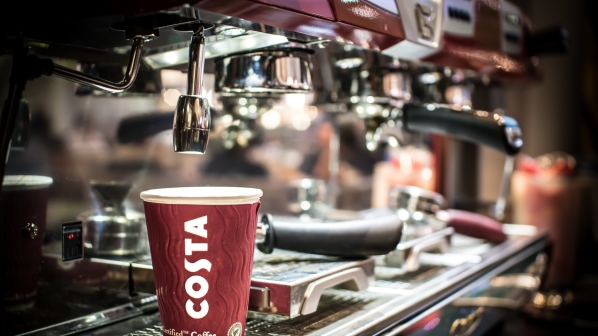
Coca-Cola President and CEO James Quincey said:
"Hot drinks are one of the few areas where Coca-Cola does not have a global brand, and Costa's powerful coffee platform allows us to enter this market."
According to public sources, Whitbread bought Costa for £19 million in 1995, when the latter had only 39 branches, while Costa is now a famous coffee company in the UK, with nearly 4000 stores, 8237 coffee vending machines, trained baristas and state-of-the-art coffee roasters around the world.
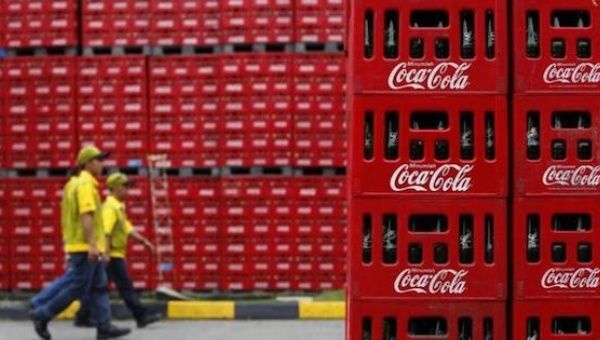
As of March 1, 2018, Costa generated income of 1.3 billion pounds ($1.7 billion) and profit before tax, interest, depreciation and amortization of 238 million pounds ($312 million).
The price of this transaction is also 205 times the purchase price of Whitbread 23 years ago.
CEO Alison Brittain of Whitbread said

"this deal is good news for shareholders because it highlights the strategic value of our development in the Costa brand and our international growth potential."
After the announcement, Coca-Cola announced that after the completion of the acquisition, Coca-Cola will own all the shares issued by Costa. Notably, the deal, which is subject to antitrust approval from the EU and China, is expected to close in the first half of 2019, with Whitbread up 10 per cent in pre-market trading by brokers.
Strategic ambition behind Coca-Cola
Coca-Cola's 2017 financial report showed that Coca-Cola's annual net income was $35.41 billion, down 15% from a year earlier, and operating profit was $7.501 billion, down 13% from a year earlier. Net profit belonging to shareholders of listed companies was $1.248 billion, down 81% from a year earlier. All financial indicators fell across the board.
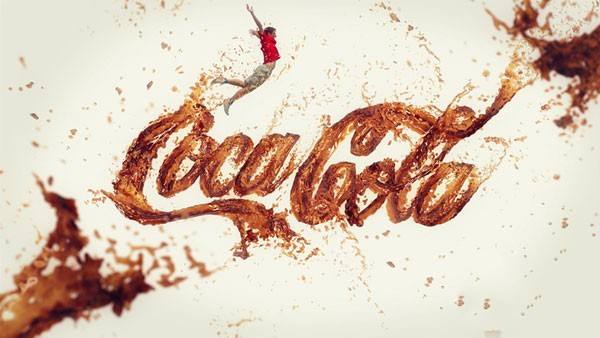
The decline of the "Coke era"
In April 2017, Coca-Cola said that in order to streamline the company's structure, 1200 employees would be laid off from mid-2017, and the layoffs would continue until 2018. With regard to the decline in performance, Coca-Cola explained that it had made many changes in its business in 2016, seriously affecting its performance by selling its bottling business in North America and around the world.
But in fact, the main reason for the continuous decline in Coca-Cola's performance is that with the upgrading of consumption level, people pay more and more attention to a healthy diet, resulting in carbonated beverages becoming less and less favored by consumers, and the contraction of the Coke market continues to intensify.
Obviously, carbonated drinks have become synonymous with "unhealthy", and Coca-Cola's carbonated drink sales have declined for 12 years in a row as of 2017. The decline in performance has led Coca-Cola to launch a new round of marketing model.
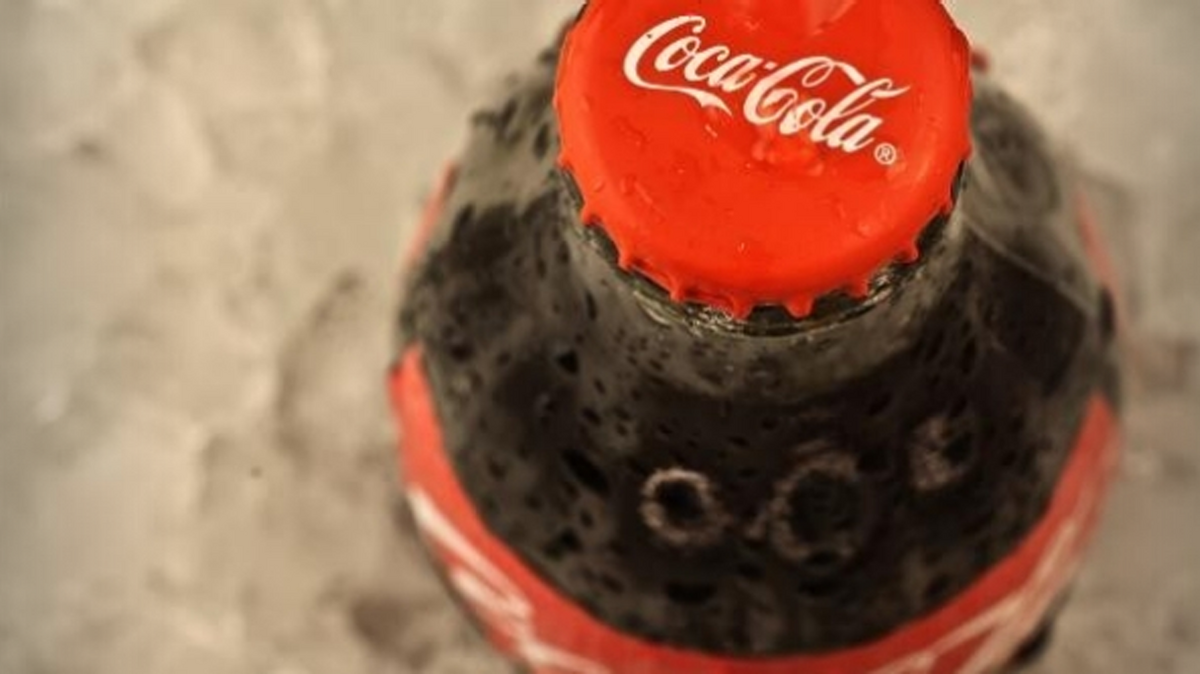
Coca-Cola, in addition to the diversification of its products, how to extend its recognition of new products through interaction with consumers may be a further consideration for this carbonated beverage giant.
Important Notice :
前街咖啡 FrontStreet Coffee has moved to new addredd:
FrontStreet Coffee Address: 315,Donghua East Road,GuangZhou
Tel:020 38364473
- Prev

KFC boutique coffee Coffii&Joy opens in Hangzhou, Yum China vigorously promotes boutique coffee
Professional coffee knowledge exchange more coffee bean information please follow the coffee workshop (Wechat official account cafe_style) recently, Yum China vigorously promotes boutique coffee with the advertisement of Bai Yu, which attracts the attention of many young people. On August 28th, Hangzhou's first CoffiiJoy, Dayue City store finally opened today! According to netizens visiting the store, many Internet celebrities will go to the door.
- Next
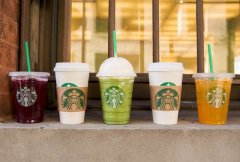
New strategy! Starbucks plans to launch a healthy version of Frappuccino as it implements a "slimming" program
Starbucks plans to launch a healthy version of Frappuccino According to The Wall Street Journal, Starbucks is implementing a slimming program for its signature drink Frappuccino in an attempt to reduce the high sugar content, which has scared off increasingly health-conscious consumers.
Related
- Can I make coffee a second time in an Italian hand-brewed mocha pot? Why can't coffee be brewed several times like tea leaves?
- Hand-brewed coffee flows with a knife and a tornado. How to brew it? What is the proportion of grinding water and water temperature divided into?
- What is the difference between Indonesian Sumatra Mantinin coffee and gold Mantinin? How to distinguish between real and fake golden Mantelin coffee?
- What does bypass mean in coffee? Why can hand-brewed coffee and water make it better?
- Unexpected! Ruixing Telunsu lattes use a smoothie machine to foam milk?!
- % Arabia's first store in Henan opens into the village?! Netizen: Thought it was P's
- Does an authentic standard mocha coffee recipe use chocolate sauce or powder? Mocha Latte/Dirty Coffee/Salty Mocha Coffee Recipe Share!
- What is the difference between Vietnam egg coffee and Norway egg coffee? Hand-brewed single product coffee filter paper filter cloth filter flat solution!
- What is the difference between sun-cured and honey-treated coffee? What are the differences in the flavor characteristics of sun-honey coffee?
- How to make Italian latte! How much milk does a standard latte use/what should the ratio of coffee to milk be?

